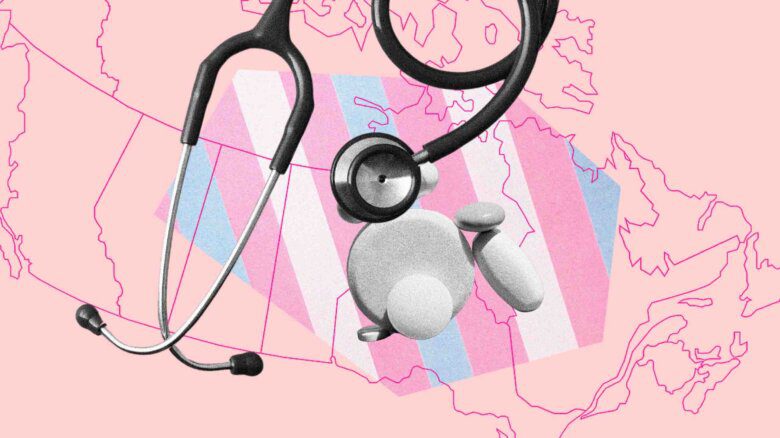As hospitals around the world are overwhelmed with COVID-19 cases and the death toll rises towards 100,000, Xtra spoke with Michael Kwag, an expert in LGBTQ2 health policy with the Canadian non-profit Community-Based Research Centre on how social distancing measures meant to contain the spread of coronavirus are impacting LGBTQ2 mental health and healthcare services.
Kwag says that it’s still unclear how long these restrictions will be in place. “The concern is that, as the situation with COVID-19 worsens, what further reductions in services are we looking at?” he asks.
With hospitals and clinics accepting only COVID-19 patients and those who require urgent or emergency treatments, many LGBTQ2 people have temporarily lost access to medical services. Health clinics are limiting routine STI testing. Trans and non-binary people in Canada and elsewhere have had gender-affirming surgeries postponed, and others have reported difficulties in getting prescriptions for hormones filled.
Loss of access to healthcare is not the only issue facing LGBTQ2 communities. As social distancing measures continue, Kwag says that isolation may have long-term effects on mental health. “Social isolation was already a big issue impacting queer and trans communities before this pandemic,” he says.
 Why you can trust Xtra
Why you can trust Xtra


